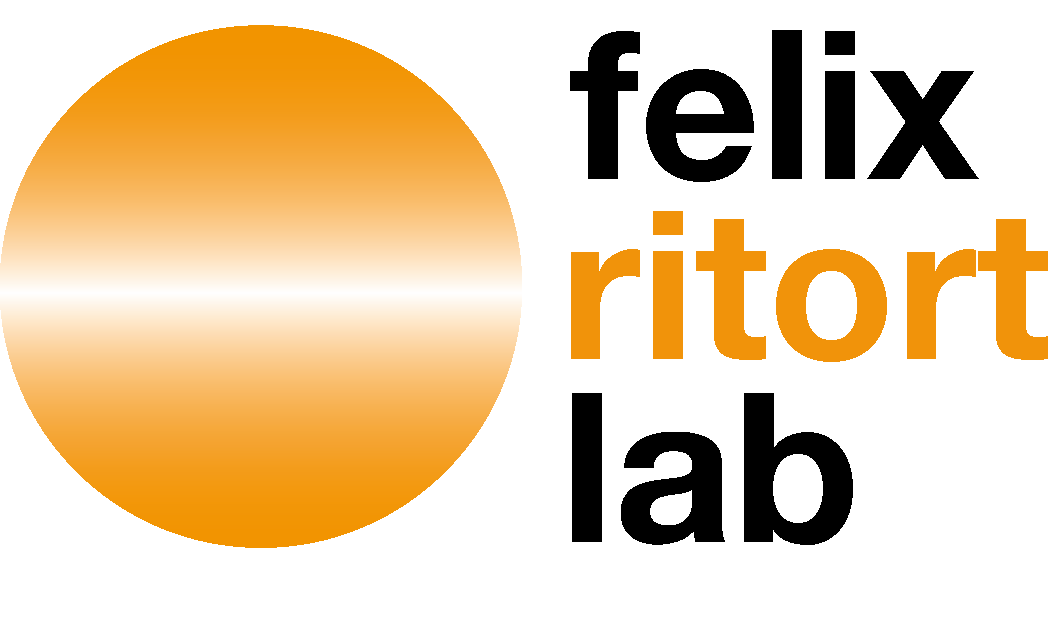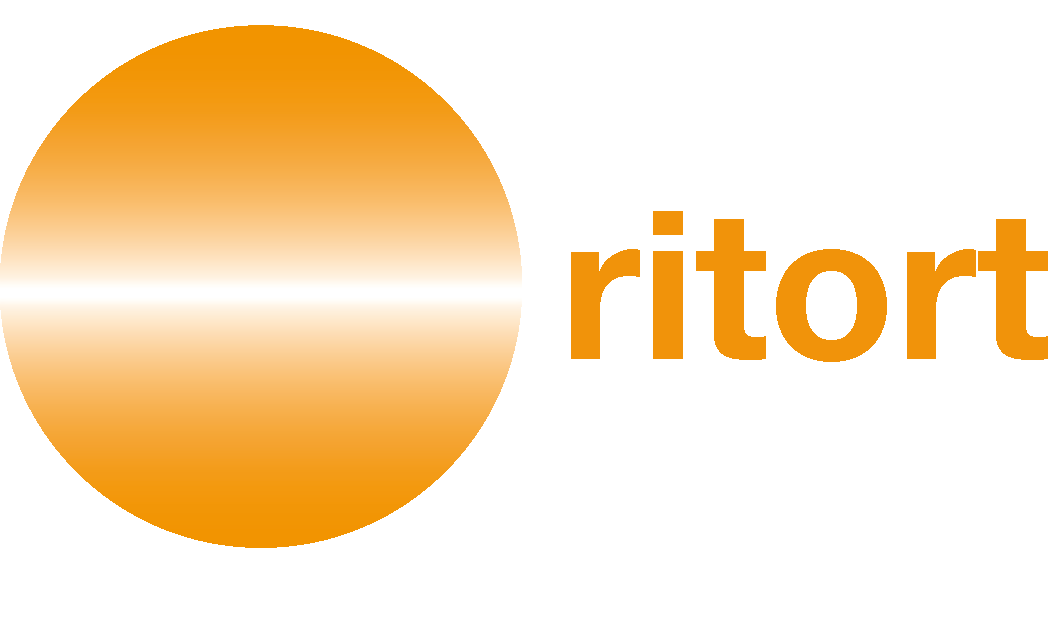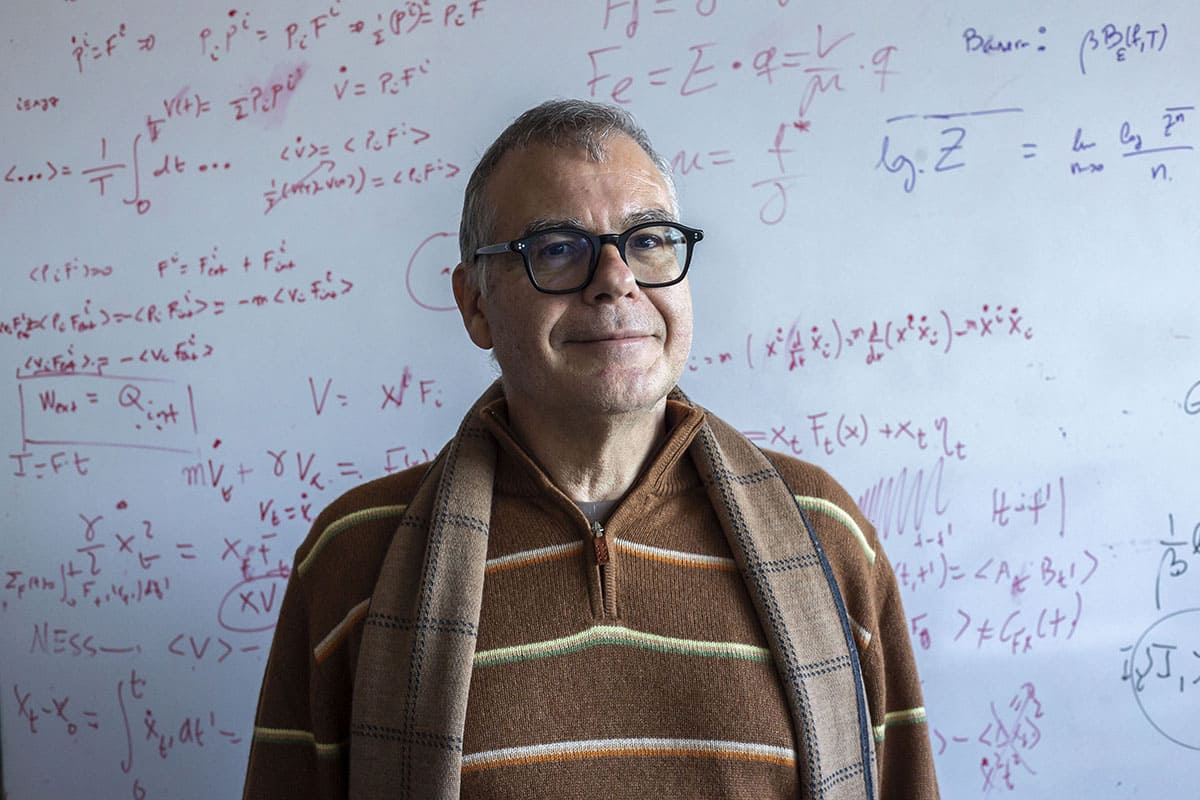Our lab is member of the Institute of Nanoscience and Nanotechnology (IN²UB) and the Department Condensed Matter Physics, Faculty Physics, at the University of Barcelona.
Felix Ritort is Full Professor in Condensed Matter Physics at the University of Barcelona (UB). He chairs the Division of Physics for Life Sciences of the European Physical Society (EPS) and he is also member of the Biological Physics Commission (C6) of the International Union of Pure and Applied Sciences (IUPAP). He has been awarded the Bruker Prize 2013 from the Spanish Biophysical Society (SEB), with the Distinction Research Award in 2021, and the ICREA Academia award in 2008, 2013, 2018 and 2023 from the Government of Catalonia.
His multidisciplinary scientific research is at the frontiers of physics, chemistry, and biology. His lab is a worldwide reference in researching the thermodynamics and nonequilibrium behavior of small systems using single-molecule methods. The aim is to understand the principles governing energy processes at the nanoscale relevant for life.
He completed his PhD in the theory of disordered systems at the University of Rome II (1989-1991) under the supervision of Professor Giorgio Parisi (Nobel Prize in Physics 2021). He continued his postdoctoral research in Rome (1992-1994, Prof G. Parisi), University Carlos III in Madrid (1995-1996, Prof. L. Bonilla), University of Amsterdam (1997-1998), and short stays at the Nordic Institute for Theoretical Physics in Copenhagen (Nordita), ICTP in Trieste, École Normale Supérieure (ENS) and LPTHE Jussieu in Paris.
In 1998 he was appointed Associate Professor in Condensed Matter Physics at the UB. His most important contributions in this period were replica-symmetry broken low-temperature phase in 3D spin glasses, replica-field theory, and exactly solvable models in glassy systems without quenched disorder.
Between 2002-2005 he changed his scientific career with a sabbatical stay at the University of California, Berkeley as a visiting professor under the guidance of Prof. Carlos Bustamante, to work on single molecule experiments with optical tweezers.
In 2005 he created the Felix Ritort Lab. His research at UB contributed to spurring the field of stochastic thermodynamics with the first experimental test of fluctuation theorems (Nature, 2005). Relevant contributions are the derivation of the nearest neighbor free energies of DNA using force spectroscopy (PNAS, 2010; NAR, 2017) and fluctuation theorems for nonequilibrium and kinetic states (PRL, 2009; Nature Physics, 2012; Science, 2017) and information (Nature Physics, 2019).
His recent discovery of an altered RNA biochemistry at low temperatures using calorimetric force spectroscopy, and the derivation of the variance sum rule to measure the entropy production or heat generated by red blood cells (Science, 2024) foresee exciting paths of research. Finally, as collaborative enterprises, he led the construction of an optical tweezers instrument for the University of Padova in 2017.
He has published 200 indexed papers in international journals, cited more than 16,000 times with an h-index of 54.
He belongs to the editorial committee of several international journals and is regularly invited to conferences. He has also reported for the Nobel Foundation of the Swedish Academy of Sciences.
In 2025, he has been nominated full member of the Royal Academy of Sciences and Arts of Barcelona (RACAB).



